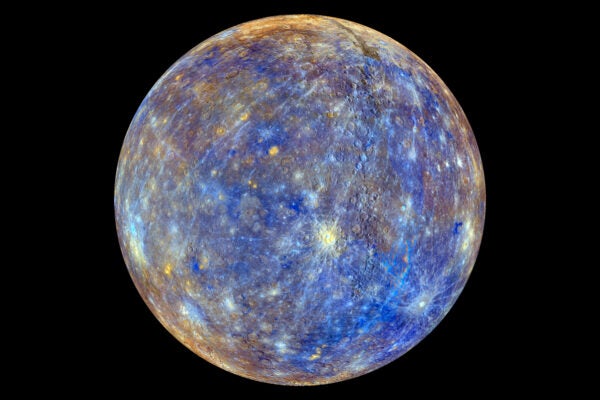“Space Tornadoes” Could Cause Geomagnetic Storms
But these phenomena, spun off ejections from the Sun, aren’t easy to study.
A Massive Eruption 74,000 Years Ago Affected the Whole Planet
Archaeologists use volcanic glass to figure out how people survived.
Is AI Good for the Planet?
The algorithms that promise to predict wildfires and optimize energy grids are powered by servers that drink up rivers and belch out more carbon than cars.
Lite Intermediate Black Holes
Meet the supermassive black hole’s smaller, much more mysterious cousin.
Super-Resolution Microscopes Showcase the Inner Lives of Cells
Advanced light microscopy techniques have come into their own—and are giving scientists a new understanding of human biology and what goes wrong in disease.
Shifting Forces: The Evolving Debate Around Dark Energy
New evidence suggests the universe might not behave as expected, raising questions about the costs of being wrong.
Mars Time Machine
Researchers are creating advanced simulations that will provide a deeper understanding of Mars’s climatic history and help to determine whether it was once able to sustain life.
The Moon Might Be Older Than Scientists Previously Thought
A new study shines light on its history.
String Theory Is Not Dead
Out of the limelight, theoretical physicists seek the math that can explain the universe’s particles and forces.









